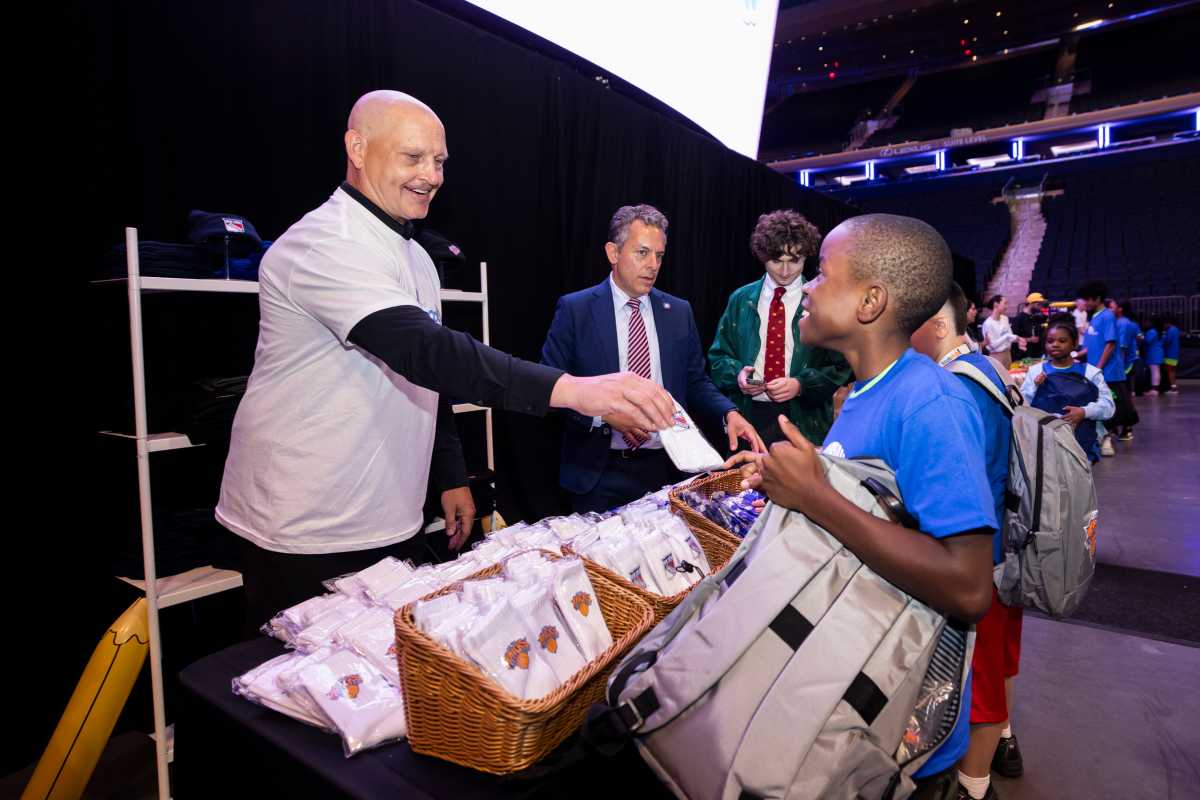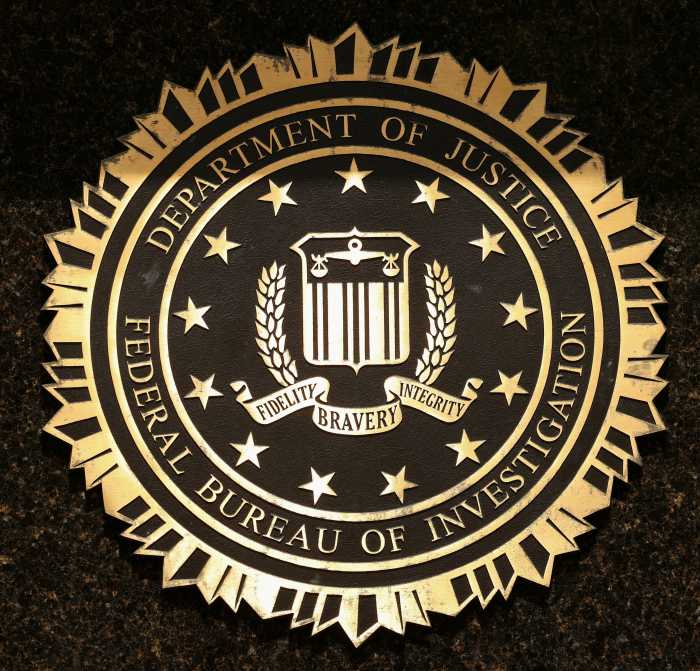Is there such a thing as organic honey? How can beekeepers control where the bees go?
– Amanda of Halifax
There are organic beekeepers but organic honey is a little more complex.
Beekeepers have to meet stringent production standards and conditions to be certified organic. Not only do plants – the bees’ source of nectar – need to be pesticide-free, their entire foraging area does, too. This means honey has to come from areas where there is no human activity. Today, it’s almost impossible to imagine such a place!
And it’s not as simple as staying away from conventional crops sprayed with pesticides. Governments also use pesticides to control moths in forests, weeds along roadsides, and greenery under power lines.
Organic certification bodies consult with landowners within a five-kilometer radius of the hives, and regularly test honey samples to guarantee they don’t contain any pesticide residues or environmental pollutants. Organic hives cannot use non-organic honey, sugar, or antibiotics.
That’s right! We treat cattle and bees antibiotics. In fact, many beekeepers (but not all) also add pesticides to their hives to control mites.
You’ll be hard-pressed to find certified organic honey production in Canada for the very reason you mention – controlling where bees forage. However, I have seen certified organic honey from New Zealand. Not very local.
Don’t hesitate to strike up a conversation with a local beekeeper to see how they manage their hives, maybe at your next local farmer’s market!





















